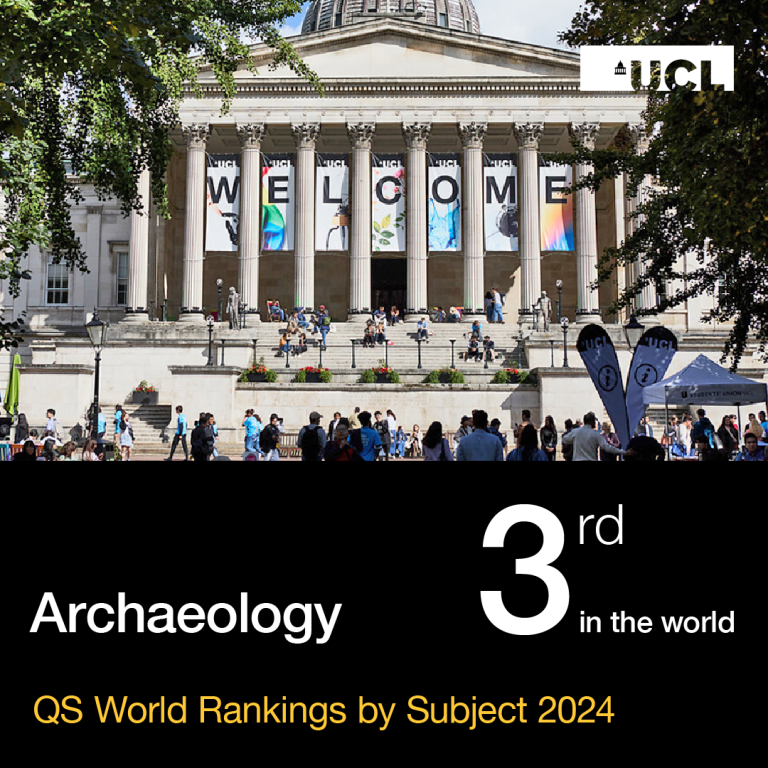This module is an introduction to the archaeology of North America, from initial colonisation of the continent by Eurasian hunter-gatherers, to the present day.
Topics include the European encounter with the New World and the questions this raised about human history; physical and cultural geography of North America; colonization of the continent by humans (ca. 20,000 BC); Palaeo-Indian hunter-gatherer societies and human ecology (20,000-8000 BC); the Archaic period (ca. 8000-1000 BC); the post-Archaic period (ca. 1000 BC - 1500 AD); early mound builders of the Middle and Late Archaic; sites of the Woodland-Adena-Hopewell cultures; the Mississippian culture; the emergence of pueblos in the American Southwest; the nature of social complexity in native North America, before European contact; the archaeology of European contact; Spanish and French colonization; British colonization; the archaeology of the early United States of America; the 19th century; the African diaspora, the archaeology of slavery, plantations, the Civil War, westward expansion of the United States; the archaeology of the 20th and 21st centuries; and issues in cultural heritage.
Module information
- Code: ARCL0079
- Credits: 15
- Coordinator: Kevin MacDonald
- Handbook:
For registered students
- Reading list:
Availability
- Not running in 2024-25
 Close
Close



